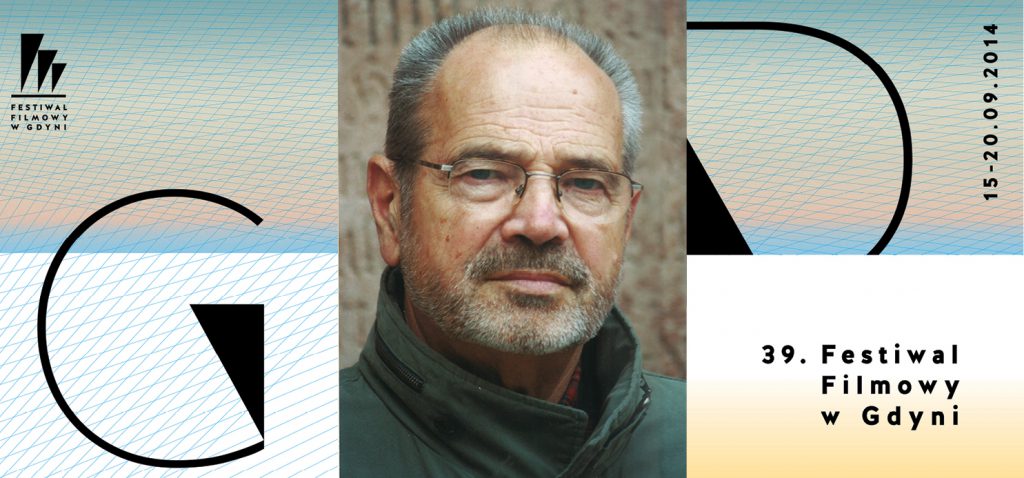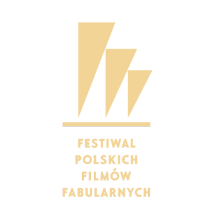Sylwester Chęciński is the prizewinner of the Platinum Lions

Gdynia, 20 September, the closing ceremony of the 39. Gdynia Film Festival – Sylwester Chęciński, the outstanding Polish director and the author of the legendary trilogy about the Kargul and Pawlak family, will receive the Platinum Lions Prize.
The Platinum Lions Prize is awarded by the GFF Organizational Committee in recognition of the entirety of work. The prizewinners include such outstanding artists as Jerzy Antczak, Witold Sobociński, Tadeusz Konwicki, Roman Polański and Jerzy Wójcik.
Sylwester Chęciński – born on 21 May 1930 in Susiec ca. Tomaszów Lubelski; a graduate of the Faculty of Directing of the Łódź Film School (1956). His debut was “Historia żółtej ciżemki” (1961), one of the most readily watched films for the young audience up to this day, which received the Medal at the Venice International Film Festival for Children and the Youth. In 1964, “Agnieszka 46” was created, and one year later, “Katastrofa”. In 1967, he made the first part of his famous trilogy about the Kargul and Pawlak family: “Sami swoi”, “Nie ma mocnych” (1974) and “Kochaj albo rzuć” (1977), belonging to the favourite comedies of Poles. The first part of the cycle is one of the two Polish black-and-white films that have been put into colour. In relation to the characters and places of the trilogy, the Lubomierz Comedy Film Festival was organized, which annually awards Golden, Silver and Brown Pomegranates for the best comedy.
Sylwester Chęciński is the director of such films as: “Tylko umarły odpowie” (1969), “Legenda” (1970), “Roman i Magda” (1978), “Bo oszalałem dla niej”(1980), the television films “Diament radży” and “Pierwsza miłość” made according to the script by Andrzej Wajda (both of 1971) and the series “Droga” (1973).
In 1982, Sylwester Chęciński made the “Wielki Szu” cinema hit, one of the most popular Polish thriller comedies. In 1991, “Rozmowy kontrolowane” was created, the first comedy where the plot is located in the reality of the martial law in Poland. The last film of the director, “Przybyli ułani” from the “Święta polskie” television cycle (2005) is permanently present on the small screens until this day.
In the years 1976-1980, Sylwester Chęciński was the Deputy Artistic Director of the “Iluzjon” Film Team; in the years 1988-1991, he was the Deputy Artistic Director of the “Kadr” Film Team. Twice, he was awarded the Second Level Award of the Ministry of Culture and Art (in 1969 and 1975); in 1971, he was awarded the Second Level Award by the Ministry of National Defence for “Sami swoi”, “Nie ma mocnych” and “Kochaj albo rzuć” trilogy; in 1978, he received the award of the “Film” magazine. Twice, he was the prizewinner of the Cultural Award of Wrocław (in 1968 and 2000); in 2006, he was appointed the title of the Honorary Citizen of the city. In 2007, the Polish Filmmakers Association rewarded him for his life achievements and in 2011, he obtained the Platinum Goats (Platynowe Koziołki) during the Ale Kino! Festival in Poznań. He is the prizewinner of numerous awards of festivals in Gdańsk, Gdynia, Koszalin, Łagowo, including many audience rewards and the special Golden Duck of the Century for the Polish Comedy of the Century – “Sami swoi”.


